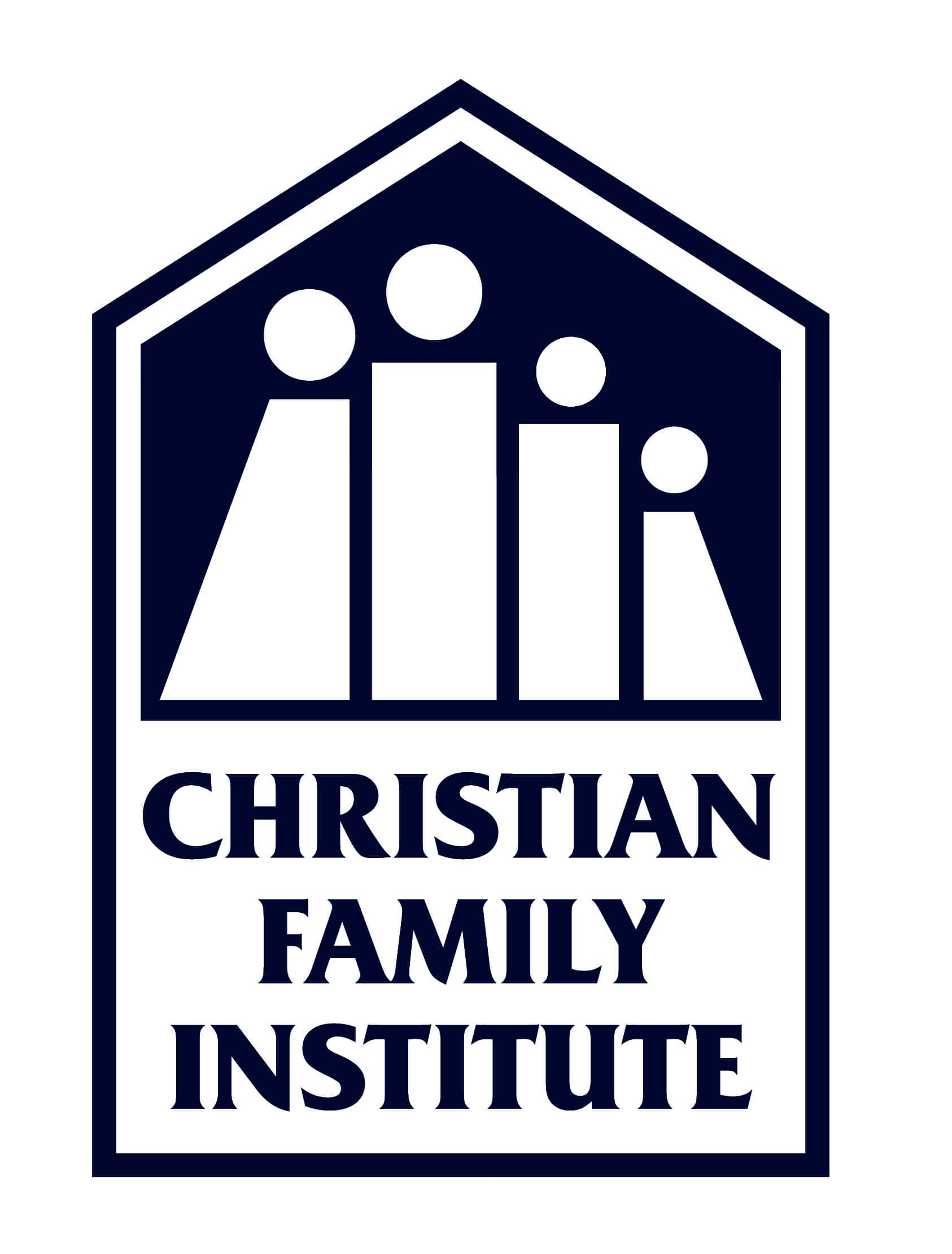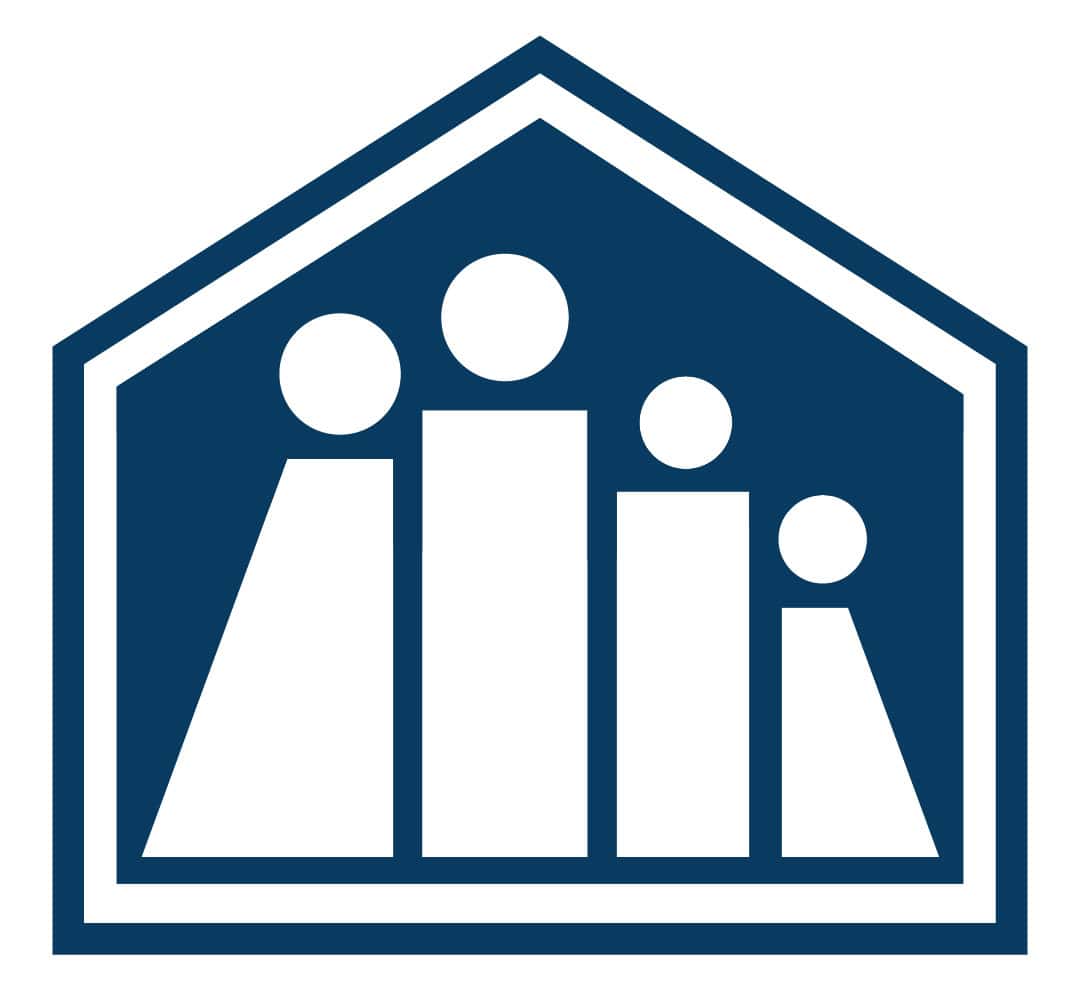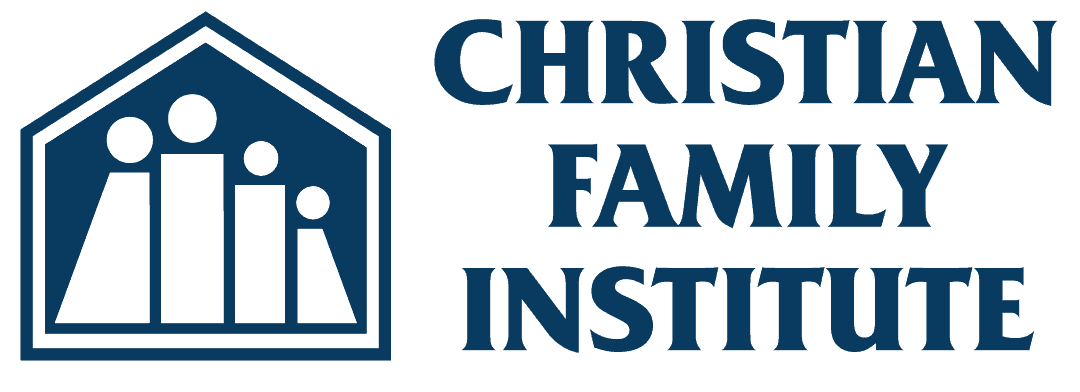14 Jun How Do You Do What You Do (All Day Long)?
Usually this is asked at the end of a particularly difficult or emotional session. It’s often followed by the statement, “I couldn’t do what you do.” The truth is, I probably couldn’t do what you do. Not day in and day out. I believe one’s vocation is a calling.
We usually think of ministers and missionaries as “being called” to the pastorate or the mission field. I think God has plans and designs for each of us and some are called to be counselors or bankers or truck drivers, and some are even called (though I think it’s more a curse than a blessing) to be Junior High math teachers. Counseling is what I do, it’s a part of who I am; it is what I have been called to do.
That is the short answer. A longer answer is comprised of three parts.
First, I have a well-defined sense of self and very firm boundaries. In other words, I don’t take responsibility for the outcome or direction of your life. My job is to be the best counselor I know how to be for the time you are in my office. What happens after counseling is over is up to you.
That doesn’t mean I don’t care (I do) or that I don’t worry about you as you leave my office (I try to keep that to a minimum but the reality is some of my clients are in a really tough place). It does mean that I take responsibility for my life, and I expect my clients to take responsibility for theirs.
I don’t do the same thing hour after hour, day after day. Counseling is a process made up of different parts or phases. Some of my day is spent doing assessments: figuring out what is really going on in order to create the most effective treatment plan.
Being a good diagnostician is like being a detective.
I question, probe, and investigate. I analyze, summarize, and interpret. At other times I teach skills: communication skills, problem-solving skills, parenting skills, etc. I get to take off my detective hat and put on my educator hat. Still other parts of my day are spent listening, empathizing, and understanding.
On occasion I confront people.
At other times, I explain how they are quite normal and anyone would react/think/feel as they are. Counseling is much more than just sitting in a chair murmuring “And how do you feel about that?” I actually enjoy those difficult situations that require me to call upon all of my training and experience even if the client never realizes just how much work that is.
Finally, I do what I do all day long because I take pride in my work. I make a difference in people’s lives, and that’s more than a lot of people can say.


